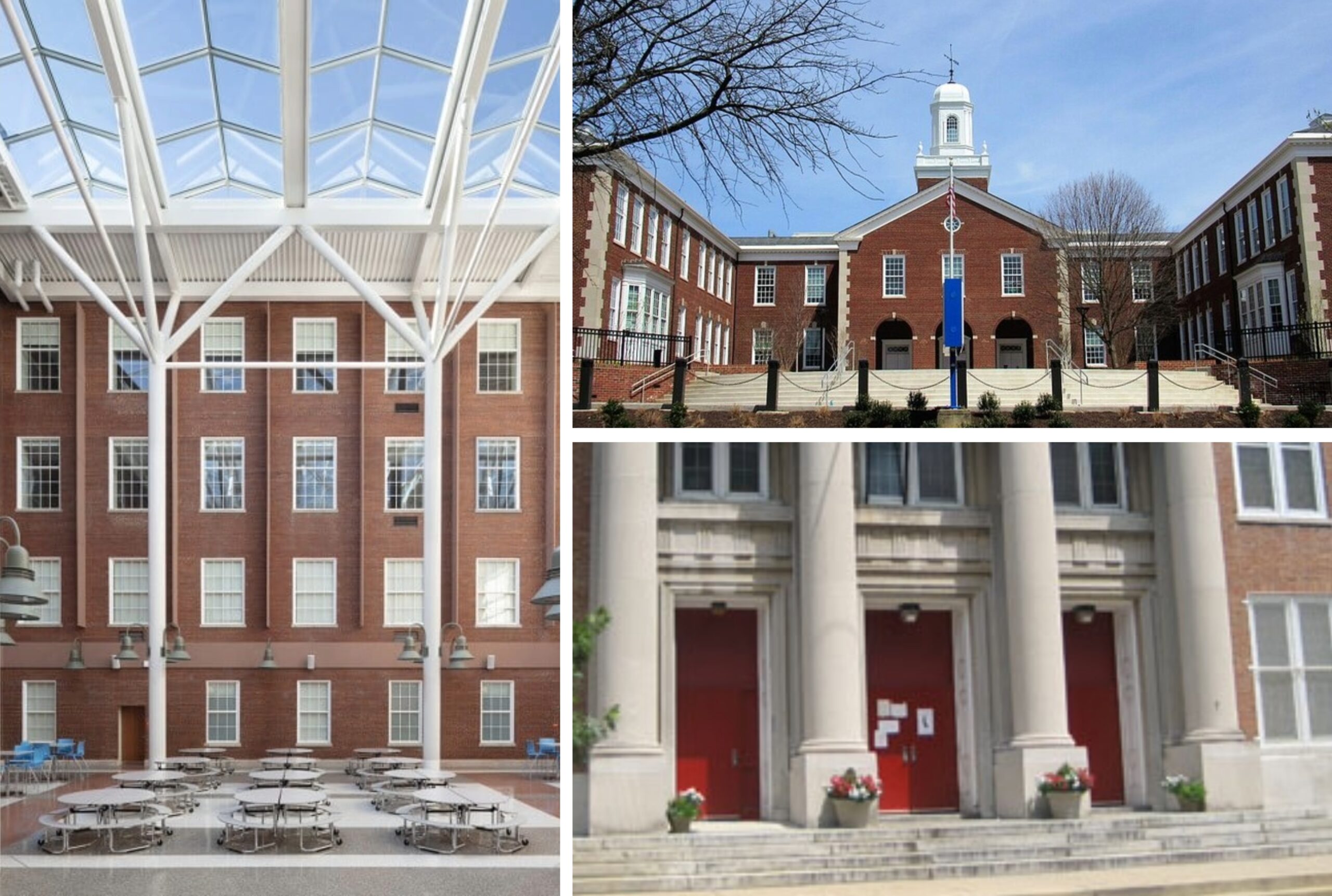
This is part 3 in our series on mission-aligned facilities. Part 1, “Building the future while serving today’s needs,” is here. Part 2, “Building big dreams, one window at a time,” is here.
Deferred maintenance is often described in financial terms: as a backlog of repairs, a line item in a spreadsheet, a capital need waiting for a budget cycle. But its true impact is much broader and more human. When agencies delay critical maintenance, they don’t just postpone expenses—they risk undermining their very mission.
For agencies that serve the public, buildings are not simply physical assets. They form the foundation of the social infrastructure where core services are delivered: education, healthcare, housing, recreation, and safety. If these basic systems are not functioning—if doors don’t lock, HVAC systems don’t provide heating or cooling, or elevators don’t go up and down—then neither can the agency’s programs or people. This is the fundamental truth that makes deferred maintenance a strategic risk, not just a technical one.
Unfortunately, many agencies across the country remain stuck in a reactive maintenance cycle. According to a 2023 report by the U.S. Government Accountability Office, deferred maintenance and repair costs at federal civilian agencies surged from $51 billion in 2017 to $76 billion in 2021—a 50% increase in just four years. The reasons were consistent: funding constraints, escalating repair costs, and a tendency to delay repairs until they became unavoidable emergencies. The report underscored how under-resourced capital planning and unclear maintenance roles contribute to costly, mission-threatening backlogs.
But it doesn’t have to be this way. Some public sector leaders are showing what’s possible when maintenance is treated as a strategic function rather than a budgetary afterthought. Washington, DC’s education sector is one such example.
Earlier this year, DC’s Office of the Inspector General released an audit detailing dozens of safety-related work orders across the public school system. Rather than react defensively, DC leaders saw this as an opportunity to recommit to their shared mission. In his public response, Department of General Services (DGS) Director Delano Hunter emphasized the agency’s accountability and its progress. “This is not the old DGS,” Hunter said, as quoted in The Washington Post (July 21, 2025). “This is a new DGS, one that is focused on outcomes.”
That focus is already delivering results. DGS, in partnership with DC Public Schools (DCPS), has strengthened its processes for tracking and triaging maintenance issues, especially those affecting school safety. For example, this summer DGS is completing more than 70 small capital projects directly related to deferred maintenance, many overseen by B&D’s Stephen Kitterman. B&D is proud to support this work as a program manager, helping coordinate planning, prioritization, and execution across the school system. Together, the city, DCPS, DGS, and trusted partners are turning deferred maintenance into a proactive, mission-aligned strategy.
This work matters. It demonstrates that maintenance is not just about fixing things; it’s about making public institutions more accountable, more resilient, and more trusted. Every agency with a physical footprint should adopt a simple operating principle: if your mission depends on your facilities, then your maintenance strategy should be mission-critical. That means investing in systems, data, capital plans, and partners that enable proactive stewardship—not just emergency response.
Jeff Bonvechio, Regional Vice President at Brailsford & Dunlavey since 2018, brings 20 years of experience in planning, designing, and constructing public education, recreation, and library facilities. As Director of Capital Projects for major DC Government agencies, he managed budgets up to $500 million and oversaw the development or renovation of 17 LEED Gold-certified neighborhood libraries. Jeff holds a B.S. in Civil Engineering from Ohio University and is affiliated with the Urban Land Institute’s Leadership Institute, the Construction Owners Association of America, the American Society of Professional Engineers, and the American Society of Civil Engineers. Jeff can be reached at JBonvechio@bdconnect.com.